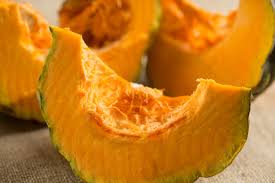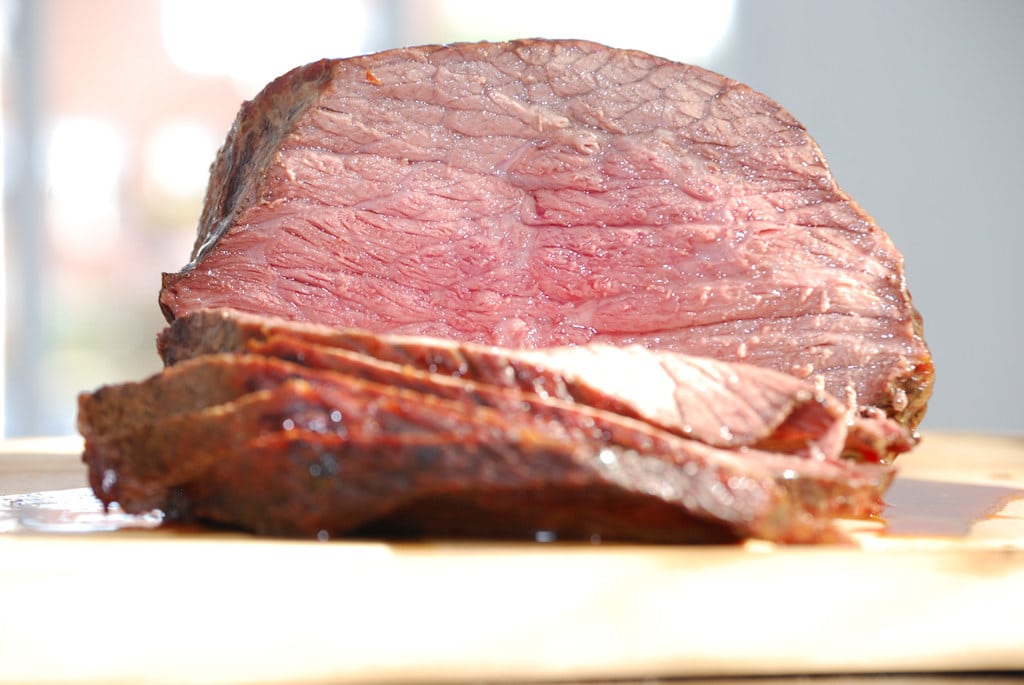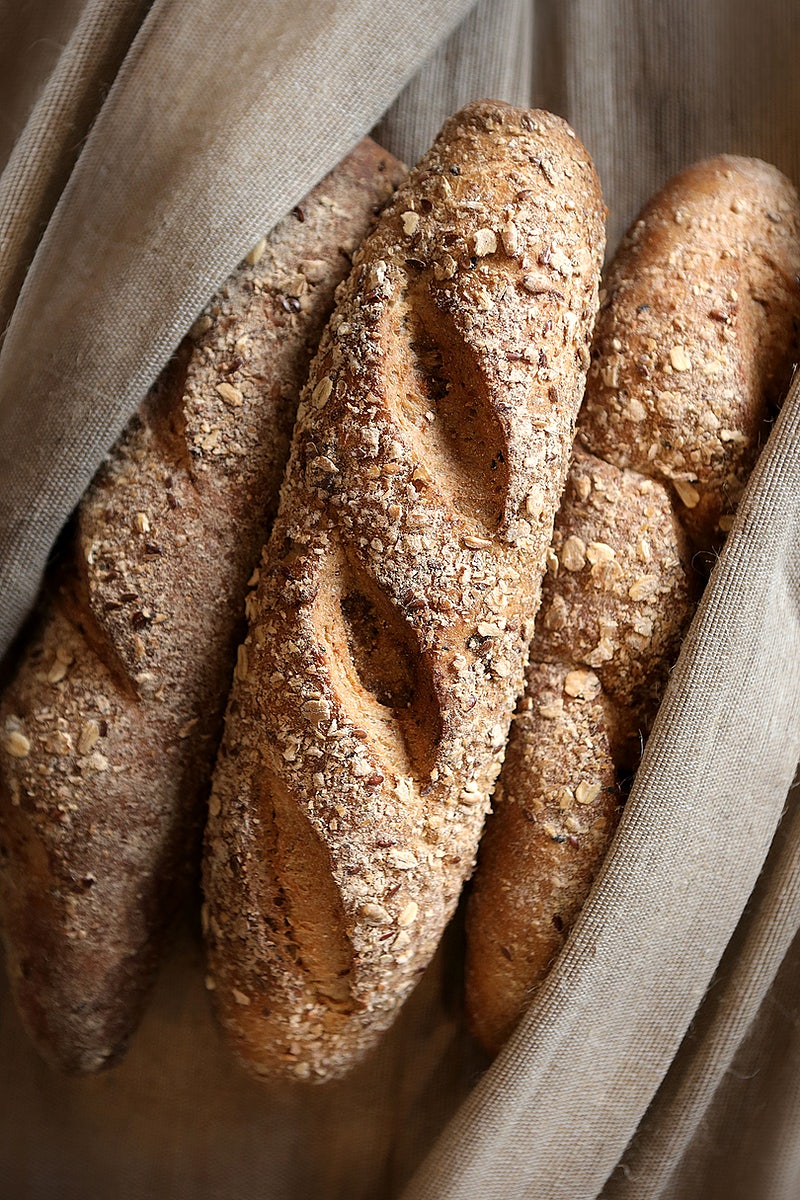- El Torito Corn Cake Recipe - October 21, 2024
- Air Fryer Frozen Fish Fillets No Breading - October 21, 2024
- Slow Cooker Potatoes Recipe - October 21, 2024
Feeling a hankering for something exciting and yummy to add some zing to your usual sides?
Acorn squash is a great alternative to your regular sides.
It’s healthy, delicious, and easy to make.
You can make this dish in the microwave in just minutes!
All you need is acorn squash, olive oil, salt, and pepper.
But why?
Acorn squash is a great source of vitamins and minerals, including Vitamin C, potassium, and magnesium.
It’s also low in calories and fat.
This makes it a great choice for those who are trying to lose weight or eat healthier.
Additionally, acorn squash is very versatile.
It can be used in savory or sweet dishes.
Microwave is faster and easier than other methods.
Microwaves can help to preserve nutrients in food.
So it is a good idea to choose a microwave when you cook acorn squash.
If you’re looking for a quick and easy way to make acorn squash, the microwave is the way to go.
Simply cut the squash in half, remove the seeds, and brush with olive oil.
Season with salt and pepper, then place in the microwave.
Cook for five to seven minutes, or until tender.
How to make delicious Acorn Squash using the Microwave?
There are many ways to cook acorn squash, but using the microwave is quick and easy.
Acorn squash is a type of winter squash that has a distinctively nutty flavor.
It can be roasted, baked, or microwaved.
Microwaving is a quick and easy way to cook acorn squash.
To make acorn squash in the microwave, you will need:
●One acorn squash
●One tablespoon of olive oil
●Salt and pepper to taste
Step by Step Directions
1.First, wash the squash and cut it in half.
Scoop out the seeds and discard them.
Place the squash halves, cut side down, in a microwave-safe dish.
Add 1/4 cup of water to the dish.
2.Microwave the squash on high for 5 minutes.
Turn it over and microwave for 5 more minutes, or until it is soft.
3.Once the squash is cooked, you can serve it as is or add toppings such as butter, brown sugar, or cinnamon.
Here you go, a delicious and healthy side dish that is easy to make!
This acorn squash recipe is simple and easy to make.
It’s a great side dish for any meal.
And, it’s healthy too!
Try this recipe today and see how much your family enjoys it.
I hope you enjoyed this acorn squash recipe.
If you have any questions or comments, please feel free to leave them below.
I would love to hear from you!
What are the health benefits of eating acorn squash?
We all know that squash is good for us.
It’s chock full of vitamins, minerals, and fiber.
But what about acorn squash specifically?
What makes this winter squash so special?
Acorn squash is a type of winter squash that belongs to the Cucurbitaceae family, which also includes pumpkins, cucumbers, and melons.
Winter squash is a good source of vitamins A, C, and B6, as well as potassium and magnesium.
It’s also relatively low in calories, at only about 50 calories per cup.
So what are the health benefits of eating acorn squash?
1. Acorn squash is a good source of antioxidants.
Antioxidants are compounds that help protect the body against damage from free radicals.
Free radicals are unstable molecules that can cause cell damage and lead to diseases like cancer.
Acorn squash is a good source of two important antioxidants: beta-carotene and alpha-tocopherol.
Beta-carotene is converted into vitamin A in the body, which is important for vision and immune function.
Alpha-tocopherol is a form of vitamin E, which has been linked with a reduced risk of heart disease.
2. Acorn squash may help reduce inflammation.
Inflammation is a process that occurs when the body’s immune system tries to repair tissue damage.
It can lead to swelling, redness, and pain.
Acorn squash contains several compounds that may help reduce inflammation, including beta-cryptoxanthin, quercetin, and kaempferol.
These compounds have all been linked with anti-inflammatory effects in studies on animals.
3. Acorn squash may help improve blood sugar control.
Blood sugar control is important for people with diabetes and prediabetes.
If blood sugar levels get too high, they can lead to serious complications like heart disease, stroke, and kidney damage.
Acorn squash contains a type of soluble fiber called pectin, which has been shown to help improve blood sugar control.
Soluble fiber slows down the digestion of carbohydrates, which helps keep blood sugar levels stable.
4. Acorn squash may boost heart health.
Heart disease is the leading cause of death in the United States.
Eating a diet that’s rich in antioxidants and fiber, like the acorn squash, may help reduce the risk of heart disease.
The antioxidants in acorn squash may help protect the cells that line the blood vessels from damage.
This can help reduce the risk of atherosclerosis, or hardening of the arteries.
The soluble fiber in acorn squash may also help lower cholesterol levels and keep them stable.
5. Acorn squash may help support brain health.
Studies have shown that the antioxidants in acorn squash may help protect the brain from damage and improve cognitive function.
The quercetin in acorn squash has been linked with a reduced risk of Alzheimer’s disease, while kaempferol has been linked with a reduced risk of Parkinson’s disease.
6. Acorn squash may aid in weight loss.
Acorn squash is a low-calorie food that’s rich in fiber.
This combination can help you feel full and satisfied after eating, which may lead to reduced calorie intake and weight loss over time.
7. Acorn squash is easy to add to your diet.
Acorn squash is a versatile food that can be easily added to your diet.
It can be roasted, baked, or steamed, and added to a variety of dishes like soups, stews, salads, or simply enjoyed on its own.
So there you have it, seven health benefits of eating acorn squash.
If you’re looking for a nutritious and delicious way to add more vegetables to your diet, acorn squash is a great option.
Nutrition Facts of eating Acorn Squash
Acorn squash is an excellent source of vitamins A and C, as well as a good source of fiber and potassium.
One cup of cooked acorn squash provides over 20% of the daily recommended value for vitamin A and over 70% of the recommended value for vitamin C.
Additionally, acorn squash is a good source of fiber, providing 4 grams per cup.
Finally, acorn squash is a good source of potassium, providing over 10% of the recommended daily value.
Nutritional Facts: One cup of cooked acorn squash contains
●Vitamin A: 21%
●Vitamin C: 70%
●Fiber: 4 grams
●Potassium: 10%
●Calories: 107
●Fat: 0.4 grams
●Protein: 2 grams
●Carbohydrates: 27 grams
The Bottom Line
Acorn squash is a nutritious and delicious vegetable that can be easily added to your diet.
It’s an excellent source of vitamins A and C, as well as a good source of fiber and potassium.
Acorn squash may also offer some health benefits, including reducing inflammation, improving blood sugar control, boosting heart health, and supporting brain health.
If you’re looking for a nutritious way to add more vegetables to your diet, acorn squash is a great option.
Additional Facts:
Acorn squash is a winter squash that is typically harvested in the fall.
This type of squash is available year-round, but it is at its peak from September to November.
Acorn squash gets its name from its shape, which is similar to that of an acorn.
Acorn squash can be eaten in a variety of ways.
It can be roasted, baked, or steamed.
Additionally, it can be used in soups and stews or pureed and made into a sauce.
When selecting an acorn squash, look for one that is heavy for its size and has a deep green color.
Avoid squash that has blemishes or is soft to the touch.
Acorn squash can be stored in a cool, dark place for up to two months.
Once it is cut, however, it should be stored in the refrigerator and used within a few days.
What to serve with this delicious healthy Acorn Squash Dish?
When you are trying to figure out what goes well with acorn squash, you have a few options.
You can either go the savory route or the sweet route.
If you want to keep things healthy, you can serve it with a side of roasted vegetables.
If you are looking for something a little sweeter, you can pair it with a honey-glazed salmon.
Here are some of our other favorite side dishes to serve with acorn squash:
1.Quinoa Salad with Cranberries and Pecans: If you are looking for a healthy and filling side dish, this quinoa salad is a great option.
It is packed with nutrients and has a delicious sweet and savory flavor.
2.Roasted Brussels Sprouts: Roasted Brussels sprouts are a great way to get your greens in.
They are slightly sweet and pair well with the squash.
3.Honey glazed salmon: This is a great option if you are looking for something a little sweeter.
The honey glazes the salmon and gives it a delicious flavor.
4.Roasted vegetables: Roasted vegetables are a great healthy option.
They pair well with the squash and add more nutrients to the dish.
5.Cauliflower rice: Cauliflower rice is a great low carb option.
It pairs well with the squash and gives the dish a filling texture.
6.Sweet potato wedges: Sweet potato wedges are a great way to get your carbs in.
They are slightly sweet and pair well with the acorn squash.
7.Green beans: Green beans are a great healthy option.
They are packed with nutrients and pair well with the squash.
8.Kale salad: Kale salad is a great way to get your greens in.
It is packed with nutrients and has a delicious sweet and savory flavor.
9.Fruit salad: If you are looking for something a little sweeter, fruit salad is a great option.
It is packed with vitamins and minerals and pairs well with acorn squash.
As you can see, there are many different options when it comes to side dishes for acorn squash.
No matter what you are looking for, there is sure to be a side dish that will pair well with it.
So, don’t be afraid to experiment and find the perfect combination for you.
Bon appetite!

Use Microwave to make Acorn Squash
Equipment
- 1 microwave
Ingredients
- 1 acorn squash
- 1 tablespoon olive oil
- Salt
- Pepper
Instructions
- First, wash the squash and cut it in half.
- Scoop out the seeds and discard them.
- Place the squash halves, cut side down, in a microwave-safe dish.
- Add 1/4 cup of water to the dish.
- Microwave the squash on high for 5 minutes.
- Turn it over and microwave for 5 more minutes, or until it is soft.
- Once the squash is cooked, you can serve it as is or add toppings such as butter, brown sugar, or cinnamon.



